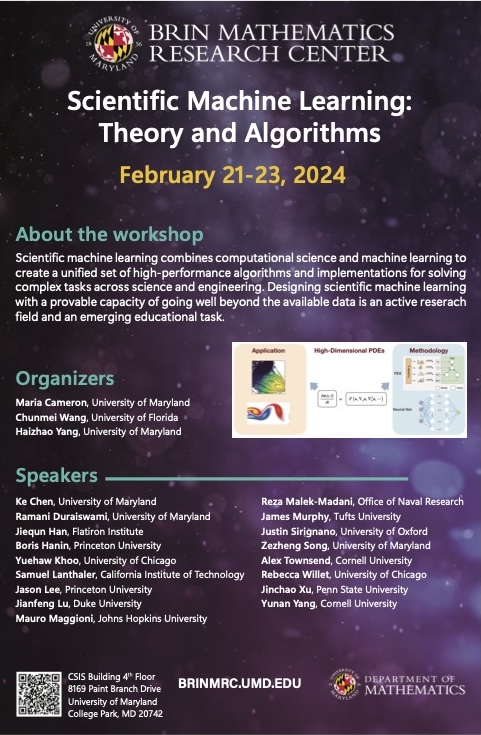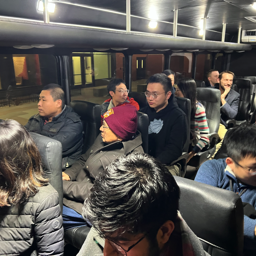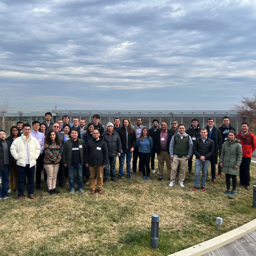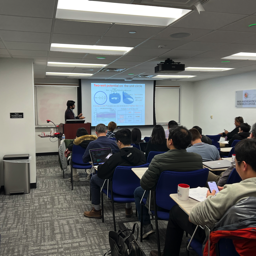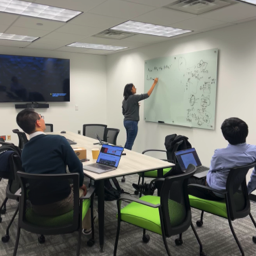Scientific Machine Learning: Theory and Algorithms
February 21, 2024 - February 23, 2024
Organizers:

Maria Cameron
University of Maryland

Chunmei Wang
University of Florida

Haizhao Yang
University of Maryland
Scientific machine learning combines computational science and machine learning to create a unified set of high-performance algorithms and implementations for solving complex tasks across science and engineering. Empirical successes have been made in various application domains with notable breakthroughs over traditional computational tools. In these applications, dynamics are complex and multiscale; function domains have high dimensions and complex geometry; data are heterogeneous, noisy, and expensive to acquire; models are nonlinear and decisions have high uncertainty. Designing scientific machine learning with a provable capacity of going well beyond the available data is an active research field and an emerging educational task. This workshop responds to the needs above with a schedule for invited talks, panel discussions, and poster presentations.
Speakers:
- Ke Chen, University of Maryland
- Ramani Duraiswami, University of Maryland
- Jiequn Han, Flatiron Institute
- Boris Hanin, Princeton University
- Tom Hickling, University of Oxford
- Yuehaw Khoo, University of Chicago
- Samuel Lanthaler, California Institute of Technology
- Holden Lee, Johns Hopkins University
- Ling Liang, University of Maryland
- Jianfeng Lu, Duke University
- Mauro Maggioni, Johns Hopkins University
- Reza Malek-Madani, Office Naval Research
- James Murphy, Tufts University
- Deep Ray, University of Maryland
- Zezheng Song, University of Maryland
- Alex Townsend, Cornell University
- Rebecca Willett, University of Chicago
- Jinchao Xu, Pennsylvania State University
- Yunan Yang, Cornell University
Poster:
